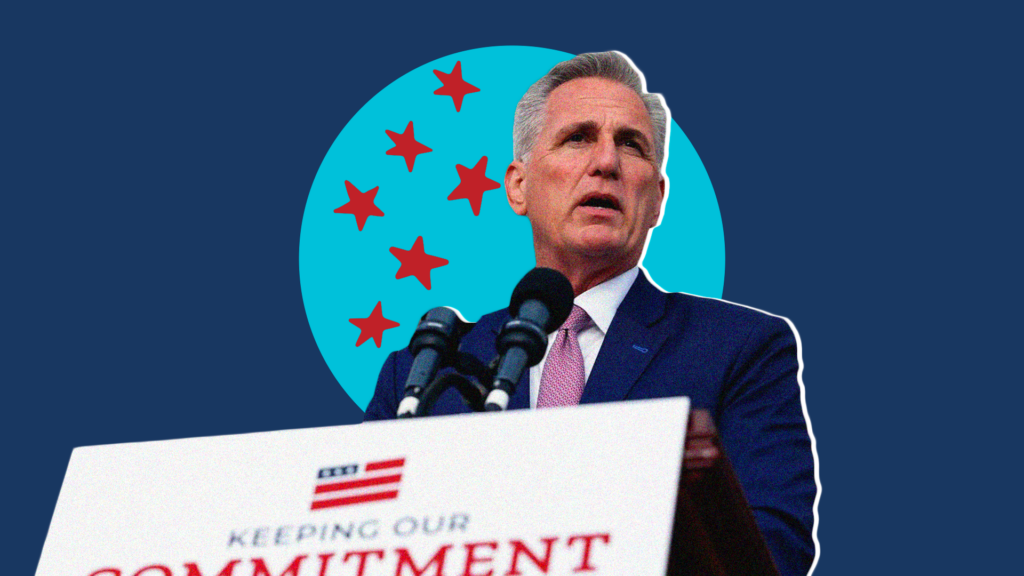A Tax We Should All Want to Bury
Sometime before the U.S. Senate’s Fourth of July recess they will vote on whether or not to repeal the Death Tax. Permanently! Everyone agrees the vote will be close and the outcome is uncertain. In my mind, that means those of us who believe in repealing the Death Tax have a real shot at winning this vote – and enacting good policy.
I believe in lower taxes, less government and more freedom. I have said many times, the entire Bush Tax Cut should be made permanent. But to win this particular tax battle, we need 60 votes in the United States Senate. Without putting too partisan a spin on this, we need to hold all 49 Republicans and pick up 11 Democrats. Those 11 Democrats may not agree with me on making the whole Bush tax cut permanent. They may not agree with me that we need to reduce the size and scope of the federal government. They may not agree with me on a whole range of issues, but I think we can all find common ground that it is time to bury the Death Tax.
First, the Death Tax makes little sense from an environmental perspective. One of the biggest threats to open spaces and to protecting habitat for wildlife is residential development. We need to keep large tracts of land, like farms, ranches and forests in one piece. But often, what happens when a large land owner dies, his family is forced to sell the land, not for profit, but simply to pay the 55 percent Death Tax. Inevitably, the land is sold to developers who subdivide the land into smaller pieces and build — destroying the open space forever. If we are serious about protecting open spaces, permanent repeal of the Death Tax makes real sense.
I do not believe any one across the political spectrum supports the current law which offers only limited temporary relief. There is nothing in liberal or moderate, independent or conservative political philosophy that argues for a temporary repeal of the Death Tax that is phased-in slowly and completely repealed for only one year, before it reverts back to the oldest, highest rates. But that is current law. No matter what your political philosophy, that is not defensible tax policy.
Consider two families, both with roughly the same assets. After a long, productive life the father of the first family dies December 31, 2011. His family mourns the loss, but keeps the family farm, because the father had the good fortune to die during the year in which the Death Tax has been repealed. The second family is not so lucky. Their mother dies January 1, 2012, – one day later. Not only must the second family mourn, but, because she outlived the neighbor by one day, her family must pay 55 percent of the estate to the federal government. They must sell their land to developers to pay the Death Tax. How is that fair? This is not a preposterous example. We know that under current law, exactly this scenario will happen.
There are many other good reasons to repeal the Death Tax: It’s the leading cause of small business dissolution from one generation to the next: It costs the economy more to comply with the tax than it raises in revenue; the government generates little revenue from the tax. These are all good reasons for a U. S. Senator to vote to repeal this tax permanently – whether or not the Senator is a Republican or a Democrat.



